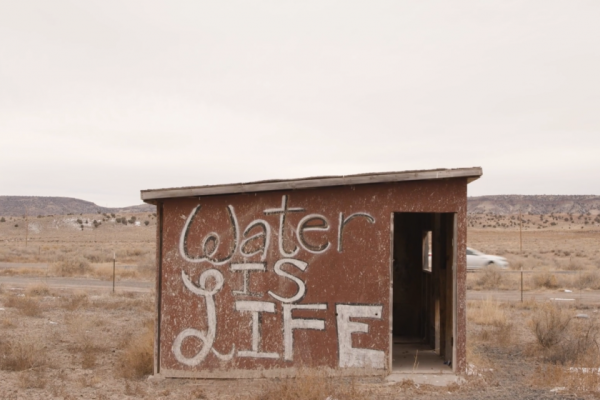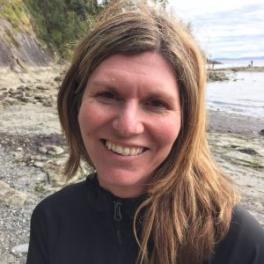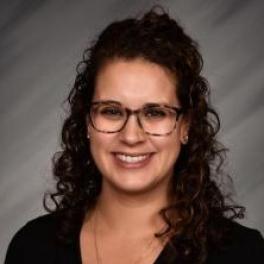Water is a Human Right, Right?

MICHELLE BRKLJACIC
In recognition of World Water Day on March 22, the Global Water Institute is hosting a panel discussion and Q&A around this year’s World Water Day Theme: Valuing Water. Water is a Human Right, Right? Water Access Issues Facing First Nations and Low-Income Communities will explore how different communities value water, and issues around water access in those communities.
Over the past year, the impacts of COVID-19 have highlighted many long-standing water injustices in vulnerable communities. This webinar explores the scientific and technical challenges of safe and sustainable water access as well as the critical role that societal, political, economic and historical contexts play in creating and perpetuating water issues in First Nations and low-income communities.
This event aims to bring attention to how particular communities are disproportionately affected by water issues, specifically related to water access and water quality, why, and what action can be taken to address those disparities.
Meet our distinguished panelists:

Dr. Emma S. Norman serves as the Department Chair of the Native Environmental Science program at Northwest Indian College, where she has been on faculty since 2002. Her writing and teaching engage with critical geographies of space, specifically decolonizing borderlands and Indigenous water governance. She is the author of Governing Transboundary Water: Canada, the United States and Indigenous communities, which won the Julian Minghi award for best book in Political Geography in 2015. In her position, Emma works alongside and with Indigenous communities to protect sacred waterways, uphold treaty trust responsibilities and open space for multiple ways of knowing.

Erika Weinthal is a Professor of Environmental Policy and Public Policy at the Nicholas School of the Environment at Duke University. She specializes in global environmental politics and environmental security. She co-directs the Duke Human Rights Center at the Franklin Humanities Institute. Recently, she coedited The Oxford Handbook on Water Politics and Policy. She is an Editor at Global Environmental Politics. She is a founding member of the Environmental Peacebuilding Association and serves as a Vice-President. In 2017 she was a recipient of the Women Peacebuilders for Water Award under the auspices of “Fondazione Milano per Expo 2015”.

Hilary Tompkins was appointed by President Obama to serve as Solicitor of Interior – the third highest ranking position in the Department. She was the first Native American to hold this position. As Solicitor, she handled all the legal issues of the department, including with regard to western water rights, Indian water settlements, and the United States’ trust responsibility to over 500 tribes. She is a partner at Hogan Lovells in Washington DC and she also serves as a trustee for her alma mater, Dartmouth College. She received her JD from Stanford Law School.

Kristi Pullen Fedinick, Ph.D., is a public health scientist and strategist with over 20 years of research experience. For the last decade, she has worked at the intersection of environmental health and public policy to advance data-driven, health-protective policy solutions. Dr. Pullen Fedinick is the Chief Science Advisor and Senior Scientist at the Natural Resources Defense Council. She also holds a part-time faculty position in the Department of Environmental and Occupational Health of the Milken Institute School of Public Health at The George Washington University.
Dr. Pullen Fedinick possesses a unique multidisciplinary training that bridges the social sciences, public health, and biological sciences. She has authored multiple policy reports, peer-reviewed articles, and policy comments, and served on several influential committees of the National Academies of Sciences and the Environmental Protection Agency.

Mary Rodriguez is an assistant professor of community leadership and development. As a leadership scholar and practitioner, she focuses on supporting communities in change processes at the individual, household, and community levels. She strives to develop research-based solutions to build more sustainable and resilient communities through the exploration of behavior change and leadership development. In the US, through community engaged scholarship, she has worked with New American populations investigating the social system’s impact on access to resources. She has also worked internationally in Latin America, the Caribbean, Sub-Saharan Africa, and the Middle East investigating adoption of innovations, household food security and resilience, and governance of water systems.
Event Details:
Water is a Human Right, Right? Water Access Issues Facing First Nations and Low-Income Communities
When: Monday, March 22 from 2:00 – 3:30 pm EST
Where: Zoom Webinar (register here)
Registration is free and open to the public.
The webinar will be recorded and a transcript will be provided for viewing with the video after the event. Live captioning will be provided during the webinar.
